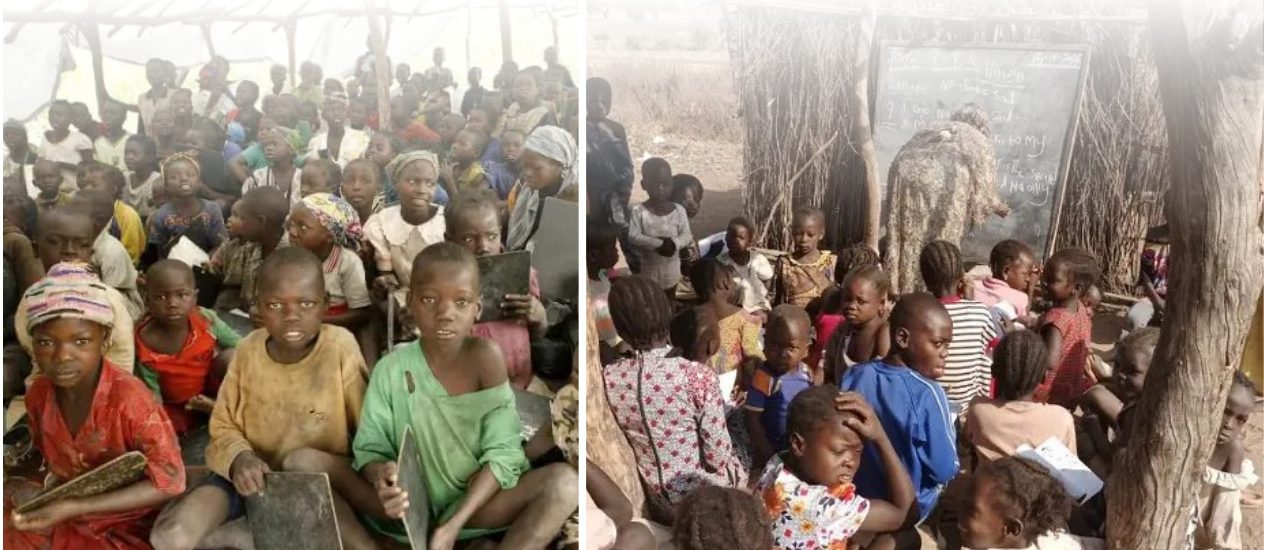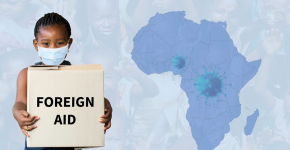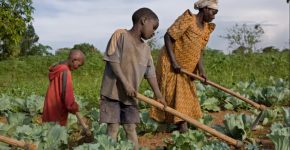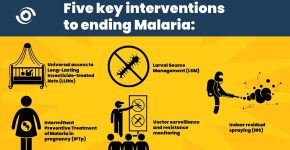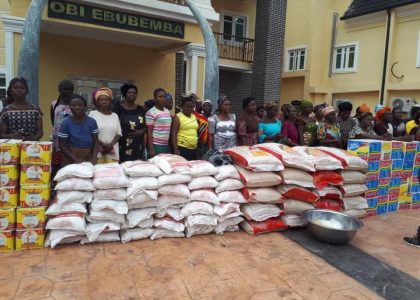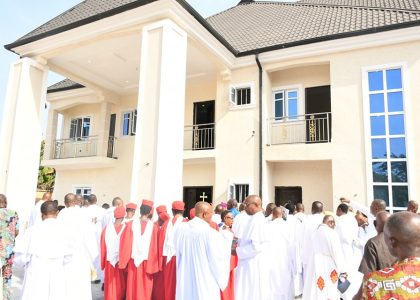The Reality of Educational Inequality
In many rural communities across Southeast Nigeria, education remains a distant dream for thousands of children. Dilapidated classrooms, a shortage of qualified teachers, and a severe lack of learning materials have turned many public schools into spaces of struggle rather than learning. The consequences of this systemic neglect are dire: thousands of bright young minds are being left behind, their potential stifled by circumstances beyond their control.
One such case is Obinna Nwankwo, a young boy from a remote village in Abia State. Born into a family of subsistence farmers, Obinna’s educational journey was riddled with obstacles. His village had only one school, a poorly funded institution where classrooms had no roofs, and students sat on the bare floor. Teachers came sporadically due to unpaid salaries, and textbooks were considered a luxury. Yet, despite these hardships, Obinna persevered, walking several miles daily to attend school and studying under streetlights at night. Today, he is a university graduate and an advocate for educational inclusion, proving that potential exists even in the most deprived environments if given the right opportunities.
The State of Education in Rural Southeast Nigeria
Nigeria’s education sector has long suffered from inadequate funding, with the government allocating less than 10% of its national budget to education—far below the UNESCO-recommended 15-20%. This underfunding disproportionately affects rural areas, where schools often lack basic facilities like potable water, electricity, and trained teachers.
In the Southeast, the problem is further compounded by socio-economic challenges such as high poverty rates, early child labor, and inadequate government oversight. According to the National Bureau of Statistics (NBS), literacy rates in some rural areas remain below 50%, and school dropout rates are alarmingly high.
For girls, the situation is even more precarious. Many are forced into early marriages or domestic labor due to cultural and financial constraints, limiting their access to education. Without immediate intervention, an entire generation of young minds risks being lost to illiteracy and poverty.
The Power of Education: Stories of Triumph
Despite these challenges, numerous individuals have defied the odds, serving as beacons of hope and resilience.
- Dr. Adaobi Chukwuma: Raised in a remote village in Ebonyi State, Adaobi was one of six children in a struggling household. She attended a school where teachers were frequently absent, and students shared outdated textbooks. Despite these barriers, she excelled academically and won a scholarship to study medicine abroad. Today, she is a practicing doctor and a strong advocate for girls’ education in Nigeria.
- Emeka Okafor: A former street hawker in Anambra State, Emeka had to balance education with selling fruits to support his family. He was often ridiculed for bringing books to his hawking spot, but his determination paid off. A local NGO recognized his commitment and sponsored his secondary education. He later secured a scholarship to study engineering and is now a tech entrepreneur, empowering other underprivileged youths through coding boot camps.
These success stories underscore a crucial point: education is not just a pathway to knowledge but a lifeline out of poverty. Every child in rural Nigeria deserves access to quality education, just like their counterparts in urban areas.
A Call for Action
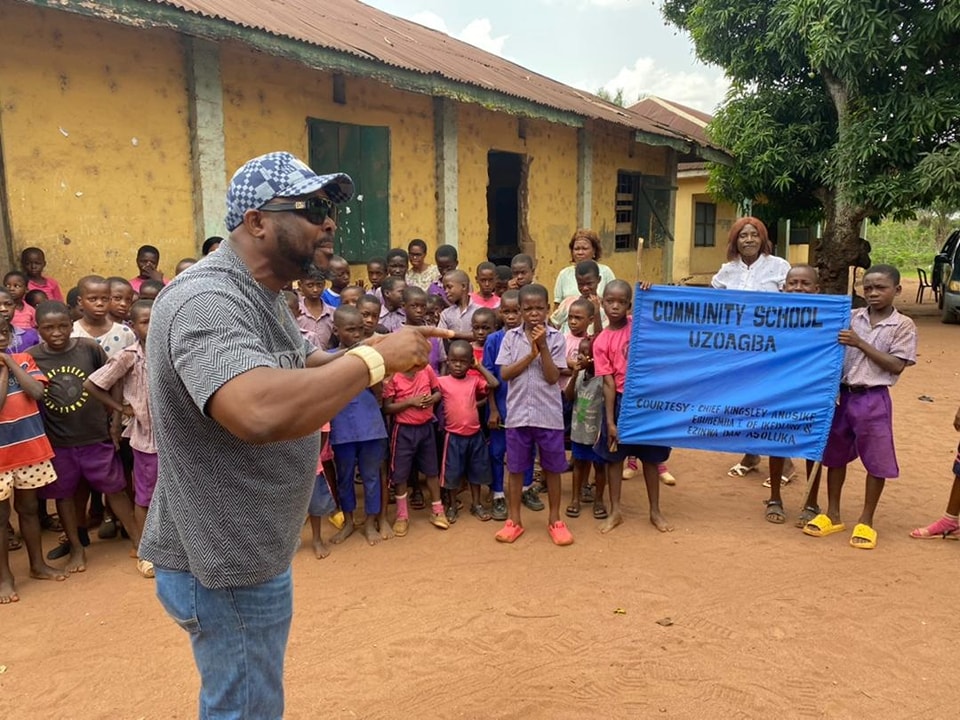
To address this crisis, collective efforts are needed from various stakeholders:
- Government Commitment: Increased budgetary allocation to education, especially in rural areas, to improve infrastructure, teacher salaries, and learning resources.
- NGO and Private Sector Involvement: Organizations should invest in building schools, providing scholarships, and funding teacher training programs.
- Volunteer Engagement: Well-meaning individuals can contribute by mentoring students, donating books, and supporting after-school programs.
- Community Participation: Local leaders and parents should champion educational advocacy, ensuring that children stay in school and receive adequate support.
- Digital Learning Integration: With improved internet access, e-learning platforms can be introduced in rural schools to bridge the resource gap.
Investing in Nigeria’s Future
Education is the most powerful tool for national development. The children languishing in underfunded schools today are the doctors, engineers, and leaders of tomorrow—if only given the chance. Every effort towards educational inclusion is an investment in Nigeria’s future.
DeKing Charity Foundation is committed to driving change, but we cannot do it alone. We call upon individuals, NGOs, corporations, and the government to join hands in breaking these barriers. Together, we can create a future where every Nigerian child, regardless of their socio-economic background, has an equal opportunity to learn, grow, and succeed.


